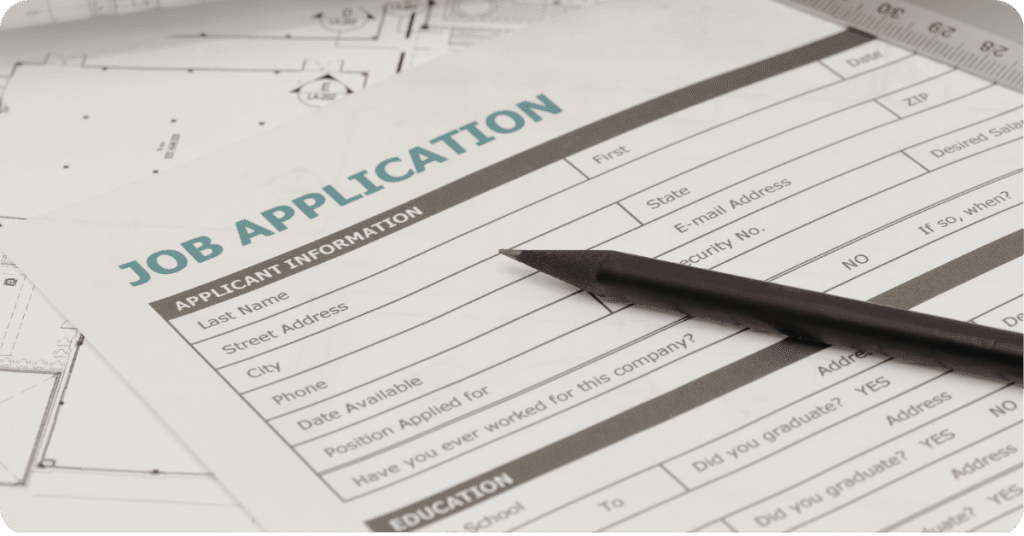Starting January 1, 2024, new minimum wage increases take effect in multiple states.
Last-reviewed: March 26, 2024

Care teams can help educate workers on their rights and refer them to the appropriate office when they feel their rights have been violated. They can also help families maximize household income by referring people experiencing job loss to unemployment insurance, leave programs, and job training programs.
Worker’s Rights
- General: The DOL has resources (en Español) to help workers understand their wage, organizing, safety, retaliation, and other employment rights. Workers can also call the DOL National Contact Center at 1-866-487-2365.
- Wages: Most types of workers must be paid a minimum of $7.25/hour, the federal minimum wage. The national tipped minimum wage is $2.13/hour. All but 13 states have a state minimum wage that is higher than the federal limit. As of January 1, 2024, 22 states increased their minimum wages, although not all of these states have increased their wages for tipped employees. Care teams can check state-specific minimum wages and provide workers with a reference – FLSA Handy Reference Guide (en Español).
- Unions: Many workers have a right to organize that includes joining a union and using collective bargaining that is outlined in this Know Your Rights Toolkit. Care teams can refer workers who feel their rights have been violated to the National Labor Relations Board where they can file a complaint with the Inspector General online or by phone (800-736-2983).
- Safety: Workers have a right to be safe in the workplace, and when doing inherently dangerous work, have a right to precautions like PPE. Workers also have a right to be free from violence and harassment at work. A care team can refer a worker to OSHA to report safety concerns by filing online or by phone (800-321-6742).
- Leave: Under the Family Medical Leave Act (FMLA), eligible workers can receive up to 26 weeks of unpaid, job-protected leave for specified family and medical reasons. Care teams can give workers information about their FMLA rights (en Español). Some states offer paid FMLA. Care teams can check specific state protections in this brief.
- Pregnant Workers: Pregnant workers whose employer has 15 or more employees are required to offer reasonable accommodations, including accommodations for lactation, mental health treatment, and miscarriage management. Care teams can incorporate this information into their family planning conversations. A Better Balance offers state specific information about pregnant worker’s rights.
- Nursing Parents: Most employers must provide reasonable break time for a worker to express breast milk in a private place (other than a bathroom) for one year after the child’s birth. Care teams can refer workers who believe their rights were violated to the DOL Wage and Hour Division to file a complaint online or by phone (1-866-487-9243).
- Fair Labor: The federal Fair Labor Standards Act establishes minimum wages, overtime pay, recordkeeping and youth employment standards. The US Department of Labor passed a new rule to help analyze whether a worker is an independent contractor or an employee- important distinctions in terms of benefits.
Unemployment and Work Readiness
- Unemployment Insurance: Workers in most states who are unemployed for not fault of their own are eligible for Unemployment Insurance benefits. Each state sets its own guidelines for UI benefits eligibility. Unemployment benefits must be reported to the IRS. Care teams can help workers find eligibility and application information for their state’s UI program through CareerOneStop.
- Unemployment Fraud: If a worker believes that someone has applied for UI fraudulently, they can report to the Office of the Inspector General online or by phone (1-800-347-3756).
- Young Adults: Job Corps provides a residential work readiness program for students (16-24 years old). Interested students can apply online (en Español).
- People with Disabilities: Recipients of social security disability may be eligible for a work readiness program. Care teams can refer SSDI recipients to Ticket to Work (en Español) and SSI recipients to PASS (en Español).
Spotlight on Equity
Employers cannot discriminate based on national origin or race, color, national origin, sex, disability, religion, or age. This includes all aspects of employment, including the hiring process, promotion decisions, and firing.
- Disability: Employers must work to meet the needs of employees with disabilities.
- LGBTQIA+: Employers cannot discriminate based on sex, which includes unequal treatment due to sexual orientation or because a worker is transgender.
If a person believes they have been discriminated against and they share that with your care team, direct them to the Equal Employment Opportunity Commission (EEOC) where they can file a complaint in person at a local office or online. The EEOC is a federal office that enforces employment discrimination protections.
